Sunghoe Chang
Axial-to-lateral super-resolution for 3D fluorescence microscopy using unsupervised deep learning
Apr 19, 2021


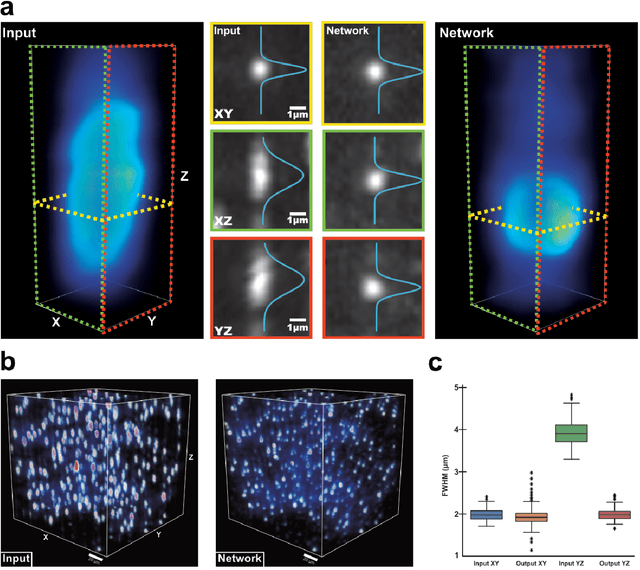
Abstract:Volumetric imaging by fluorescence microscopy is often limited by anisotropic spatial resolution from inferior axial resolution compared to the lateral resolution. To address this problem, here we present a deep-learning-enabled unsupervised super-resolution technique that enhances anisotropic images in volumetric fluorescence microscopy. In contrast to the existing deep learning approaches that require matched high-resolution target volume images, our method greatly reduces the effort to put into practice as the training of a network requires as little as a single 3D image stack, without a priori knowledge of the image formation process, registration of training data, or separate acquisition of target data. This is achieved based on the optimal transport driven cycle-consistent generative adversarial network that learns from an unpaired matching between high-resolution 2D images in lateral image plane and low-resolution 2D images in the other planes. Using fluorescence confocal microscopy and light-sheet microscopy, we demonstrate that the trained network not only enhances axial resolution beyond the diffraction limit, but also enhances suppressed visual details between the imaging planes and removes imaging artifacts.
CycleGAN with a Blur Kernel for Deconvolution Microscopy: Optimal Transport Geometry
Aug 26, 2019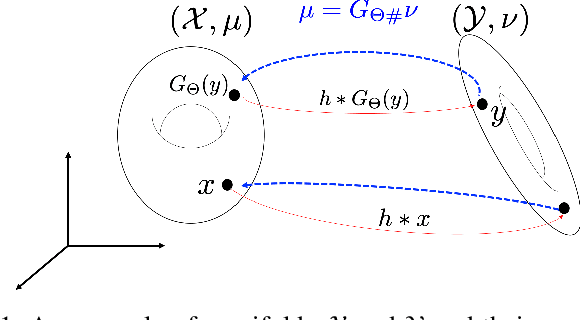
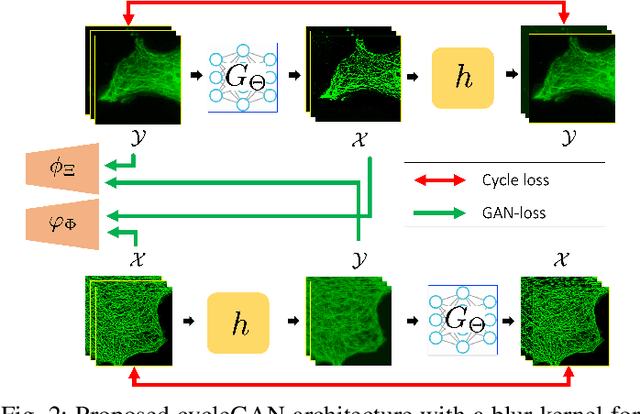
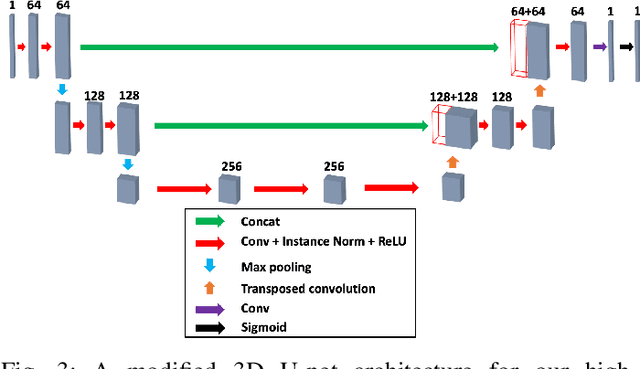
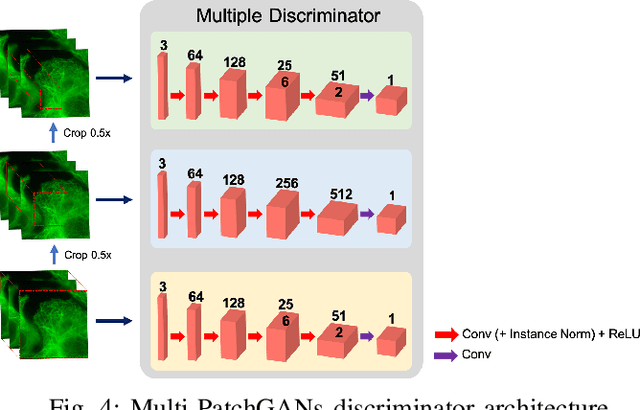
Abstract:Deconvolution microscopy has been extensively used to improve the resolution of the widefield fluorescent microscopy. However, classical deconvolution approaches require the measurement or estimation of the point spread function (PSF), and are usually computationally expensive. Recently, convolutional neural network (CNN) approaches have been extensively studied as fast and high performance alternatives. Unfortunately, the CNN approaches usually require matched high resolution images for supervised training. In this paper, we present a novel unsupervised cycle-consistent generative adversarial network (cycleGAN) with a linear blur kernel, which can be used for both blind- and non-blind image deconvolution. In contrast to the conventional cycleGAN approaches that require two generators, the proposed cycleGAN approach needs only a single generator, which significantly improves the robustness of network training. We show that the proposed architecture is indeed a dual formulation of an optimal transport problem that uses a special form of penalized least squares as transport cost. Experimental results using simulated and real experimental data confirm the efficacy of the algorithm.
Blind Deconvolution Microscopy Using Cycle Consistent CNN with Explicit PSF Layer
Apr 05, 2019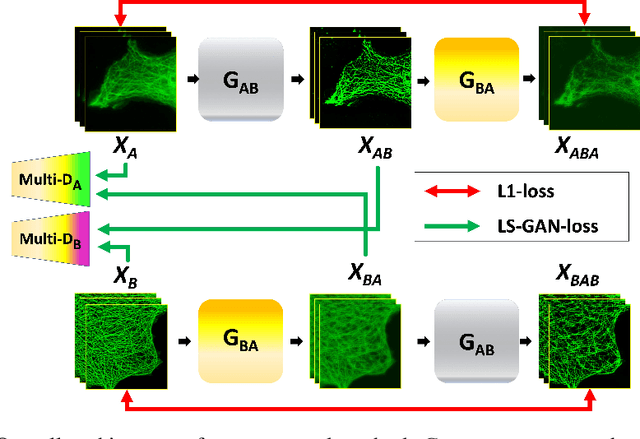
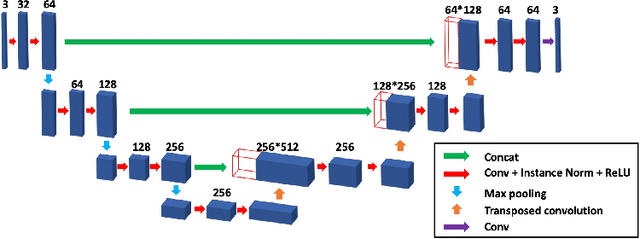

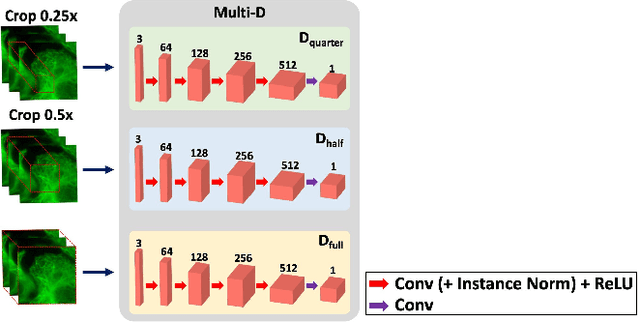
Abstract:Deconvolution microscopy has been extensively used to improve the resolution of the widefield fluorescent microscopy. Conventional approaches, which usually require the point spread function (PSF) measurement or blind estimation, are however computationally expensive. Recently, CNN based approaches have been explored as a fast and high performance alternative. In this paper, we present a novel unsupervised deep neural network for blind deconvolution based on cycle consistency and PSF modeling layers. In contrast to the recent CNN approaches for similar problem, the explicit PSF modeling layers improve the robustness of the algorithm. Experimental results confirm the efficacy of the algorithm.
 Add to Chrome
Add to Chrome Add to Firefox
Add to Firefox Add to Edge
Add to Edge